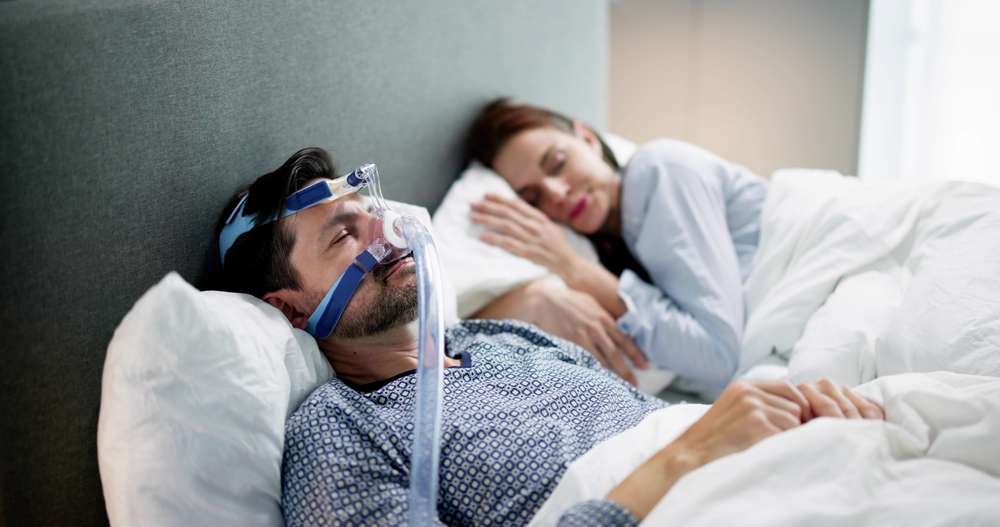How Sleep Apnea Nearly Ended In Tragedy... A Wakeup Call For People With Sleep Conditions
That's what happens when you haven't had a proper night's sleep in months. When sleep apnea rules your nights and exhaustion rules your days. Every morning feels like a battle, your focus slips, and even simple tasks feel overwhelming. Left unchecked, this silent condition can take a toll on your heart, your mood, and your overall health.

This article is for informational purposes only and should not be considered medical advice. Please consult a qualified healthcare professional for personalized guidance and treatment.
What Makes Sleep Apnea So Dangerous?
Sleep apnea repeatedly interrupts breathing during sleep, sometimes hundreds of times per night. These interruptions prevent deep, restorative sleep and reduce oxygen flow to the brain and body. Beyond excessive daytime sleepiness, untreated sleep apnea increases risks of high blood pressure, heart disease, type 2 diabetes, and accidents caused by fatigue.
What Warning Signs Should You Never Ignore?
The warning signs often develop gradually, making them easy to dismiss. Key indicators include loud snoring, witnessed breathing pauses during sleep, morning headaches, difficulty concentrating, irritability, and waking up gasping for air. If you experience these symptoms, especially if combined with obesity or family history of sleep apnea, seeking medical evaluation is crucial.
Why Do Common “Solutions” Often Make Things Worse?
Many people attempt to self-treat with over-the-counter remedies, sleeping pills, or lifestyle changes alone. These temporary fixes can mask symptoms while allowing the underlying condition to worsen. Some sleep aids may even increase the frequency and duration of breathing pauses, making the condition more dangerous.
When Does Medical Intervention Become Critical?
Medical evaluation becomes urgent when sleep apnea significantly impacts daily functioning or safety. Common triggers include falling asleep during daily activities, experiencing mood changes, developing cardiovascular symptoms, or having near-miss accidents due to fatigue. These situations require immediate professional attention.
What Treatment Options Actually Work?
The most effective treatments depend on sleep apnea severity and underlying causes. CPAP (Continuous Positive Airway Pressure) therapy remains the gold standard treatment, with success rates above 90% when used correctly. Other options include dental devices, positional therapy, and in some cases, surgical interventions.
Understanding the Real Costs of Sleep Apnea Treatment
| Treatment Option | Provider Type | Estimated Cost Range |
|---|---|---|
| CPAP Machine | Medical Equipment Supplier | $500-$3,000 |
| Dental Appliance | Dental Sleep Specialist | $1,500-$3,000 |
| Sleep Study | Sleep Center | $1,000-$5,000 |
| Surgical Options | Sleep Surgeon | $10,000-$30,000 |
Prices, rates, or cost estimates mentioned in this article are based on the latest available information but may change over time. Independent research is advised before making financial decisions.
Sleep apnea’s impact extends far beyond poor sleep quality - it affects every aspect of health and daily life. While the path to diagnosis and treatment may seem daunting, the alternatives of leaving it untreated can be catastrophic. Understanding the warning signs, seeking proper medical evaluation, and committing to effective treatment can literally be life-saving decisions.




